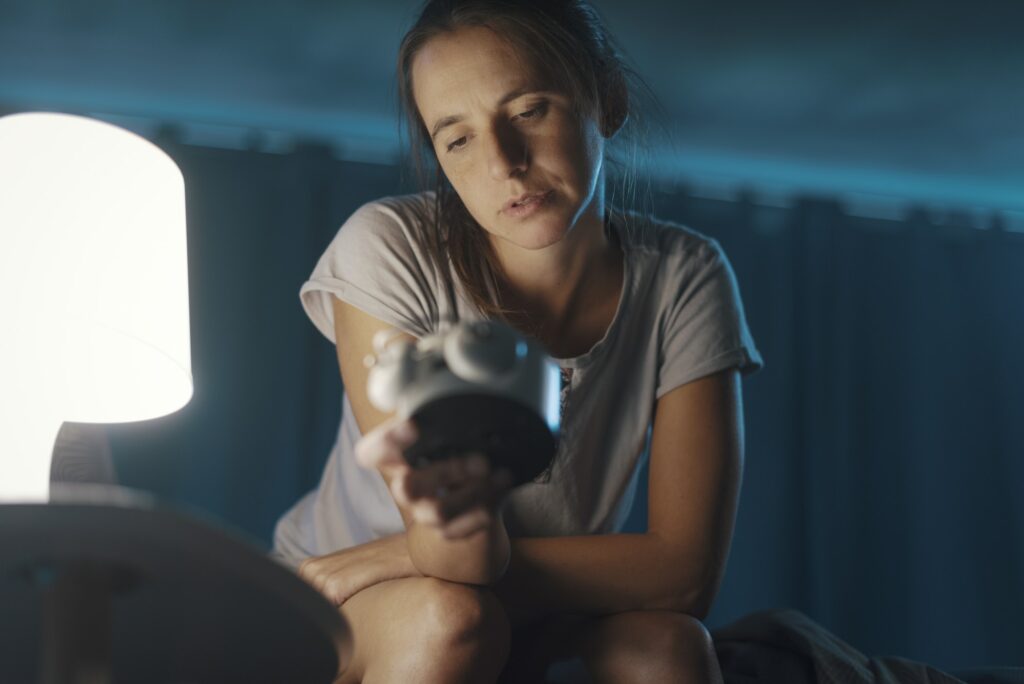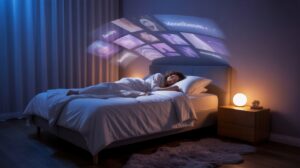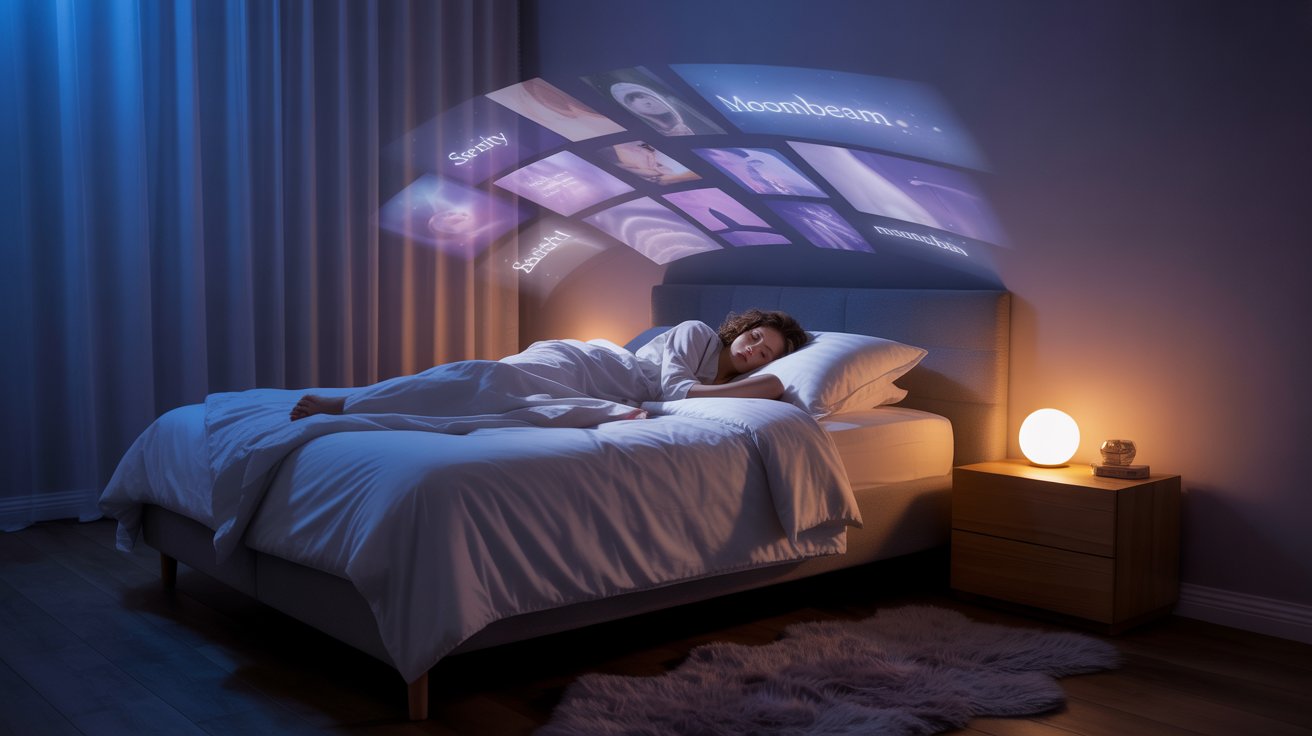Research from a few years ago shows that 12.3 percent of Canadians use a substance to improve sleep. A quarter of these people take melatonin pills. Poor sleep is, therefore, very common. Yet it is not a good idea to take sleeping pills. No melatonin, either.
Why should you not take this sleep hormone?
Melatonin is a hormone that our body produces itself. This happens in the brain at night while we sleep. That is why the substance is called the sleep hormone. But before falling asleep, the substance does nothing.

Meta-analyses of various international studies show that people do not fall asleep significantly earlier after taking a melatonin pill. Melatonin also does not score significantly for staying asleep.
So what does melatonin do?
The substance ensures that we become sleepy during the day, towards the end of the evening. So it does not make us fall asleep, but it helps adjust the biological clock: melatonin regulates the sleep-wake rhythm. Adding external melatonin messes up your sleep hormone balance. Please don’t give it to your child at all.
But it is freely available at the drugstore, so it can’t be that bad, right?
Yes. Your melatonin level follows a strict rhythm controlled by the biological clock. At nine o’clock in the evening, it starts to rise. Between two and four o’clock in the morning, it peaks and then drops again. At nine o’clock in the morning, the level dropped completely.
Adding melatonin can shift the biological clock. You come out of the rain with it because it leads to more sleeping problems. I am, therefore, absolutely not in favour of melatonin being freely available at the drugstore.
Do other sleeping pills work?
The vast majority of sleeping pills fall under benzodiazepines. They come in dozens of variants. They affect the part of the sleep-wake system that calms the brain. I’m not in favour of it. Research shows that they shorten REM sleep and thus affect sleep quality.
So what should you do for a better night’s sleep?
Most of our sleep problems stem from how we live during the day. And we’re way too busy at night, too. Give the body and brain time to unwind.
Light from lamps and computers, television or telephone screens inhibits melatonin production. It keeps you alert. So don’t let your children ‘screen’ in the evening before going to sleep, but let them ‘slow down’ quietly. Let them completely relax an hour before they go to bed. Let them ‘slow down’ quietly. Let them completely relax an hour before they go to bed.















